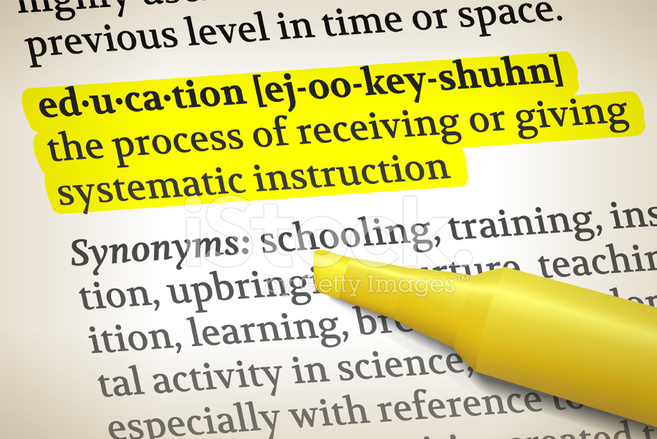
Second-declension noun (neuter, Greek-type). Lexicon n ( genitive lexicī) second declension
( Ecclesiastical ) IPA ( key): /ˈlek.si.kon/,. ( Classical ) IPA ( key): /ˈlek.si.kon/,. Learned borrowing from Byzantine Greek λεξικόν ( lexikón, “ a lexicon ” ), which is an ellipsis from Ancient Greek λεξικὸν βιβλίον ( lexikòn biblíon, literally “ a book of words ” ), from λεξικός ( lexikós, “ of words ” ), from λέξις ( léxis, “ a saying, speech, word ” ), from λέγω ( légō, “ to speak ” ), ultimately from Proto-Indo-European *leǵ- ( “ to gather, collect ” ).Īttested at least since Girolamo Aleandro's Lexicon graeco-latinum, multis et praeclaris additionibus locupletatum (1512). This includes entire nations that speak a specific language or smaller groups of people, like teenagers. A set of vocabulary specific to a certain subject. Any group of people that has a specific set of words they use to communicate has a lexicon.  The vocabulary used by or known to an individual. ( programming ) The lexicology of a programming language. A dictionary of Classical Greek, Hebrew, Latin, or Aramaic.
The vocabulary used by or known to an individual. ( programming ) The lexicology of a programming language. A dictionary of Classical Greek, Hebrew, Latin, or Aramaic.  ( lexicography, linguistics ) A dictionary that includes or focuses on lexemes. Personal belief definition: Belief is a feeling of certainty that something exists, is true, or is good. Through Middle French or directly from New Latin lexicon, from Byzantine Greek λεξικόν ( lexikón, “ a lexicon, a dictionary ” ), ellipsis from Ancient Greek λεξικὸν βιβλίον ( lexikòn biblíon, literally “ a book of words ” ), from λεξικός ( lexikós, “ of words ” ), from λέξις ( léxis, “ a saying, speech, word ” ), from λέγω ( légō, “ to speak ” ), ultimately from Proto-Indo-European *leǵ- ( “ to gather, collect ” ).Īttested at least since 1583 (in William Fulke's A Defense of the Sincere and True Translations of the Holy Scriptures into the English tongue) in the sense 'a dictionary of a classical language'.
( lexicography, linguistics ) A dictionary that includes or focuses on lexemes. Personal belief definition: Belief is a feeling of certainty that something exists, is true, or is good. Through Middle French or directly from New Latin lexicon, from Byzantine Greek λεξικόν ( lexikón, “ a lexicon, a dictionary ” ), ellipsis from Ancient Greek λεξικὸν βιβλίον ( lexikòn biblíon, literally “ a book of words ” ), from λεξικός ( lexikós, “ of words ” ), from λέξις ( léxis, “ a saying, speech, word ” ), from λέγω ( légō, “ to speak ” ), ultimately from Proto-Indo-European *leǵ- ( “ to gather, collect ” ).Īttested at least since 1583 (in William Fulke's A Defense of the Sincere and True Translations of the Holy Scriptures into the English tongue) in the sense 'a dictionary of a classical language'.








